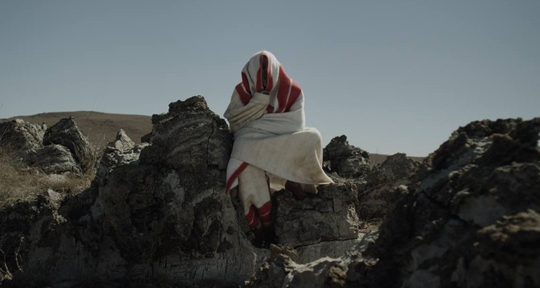Queer culture around the world is inflected and influenced by local conditions and cultural nuances. In this essay, Sada Malumfashi takes us on a journey to investigate representations of queerness in Hausa literature.
Literature strives to depict a true picture—it is the mirror of society. While novel writing in Northern Nigeria is a fairly new innovation that began in the 20th century; queer relationships, however, have been a part and parcel of society for a much longer period. Same-sex practices have been an inherent part of African history, developing in a whole different way than in the Western context.
A queer section of the Hausa society that actually has had dominance in the literary field, without any cause for rancour, are the Yan Daudu—Feminine Men. These men comprise a bulk of the Hausa queer community and a direct translation of them as homosexuals in the western context tends not to give a complete picture. Yan Daudus have always been visible in the social strata, in close proximity to prostitutes, permitting them access to seek men for sex. The existence of Yan Daudu is well acknowledged and this translated to their reflection in almost every work of Hausa literature which cover aspects of prostitution and Bori – the Hausa cult of spirit possession. However, in a conservative culture where who you share your bed with is a private matter, it is no great surprise, then, that queer literature, or queer characters in Hausa literature apart from Yan Daudu, are relatively new.

